AATA Blog
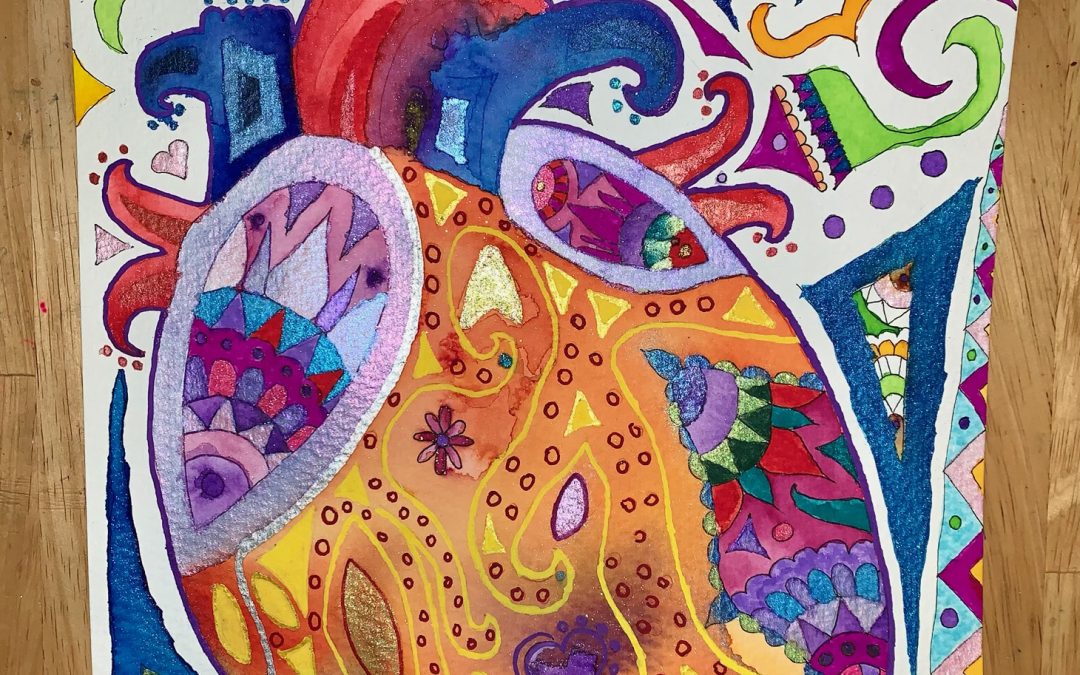
Laura’s Story: Why We Need Therapy Licensure
By Bridget Pemberton-Smith, ATR-BC
I first got to know Laura when I was her internship site supervisor. Despite coming to the field later in her career, she was all in as an art therapist from the moment she started—and a passionate artist too! However, when she graduated from her art therapy program, she learned that recent changes to counselor licensure in our home state of North Carolina now prevented her from obtaining a license! Here’s her story.
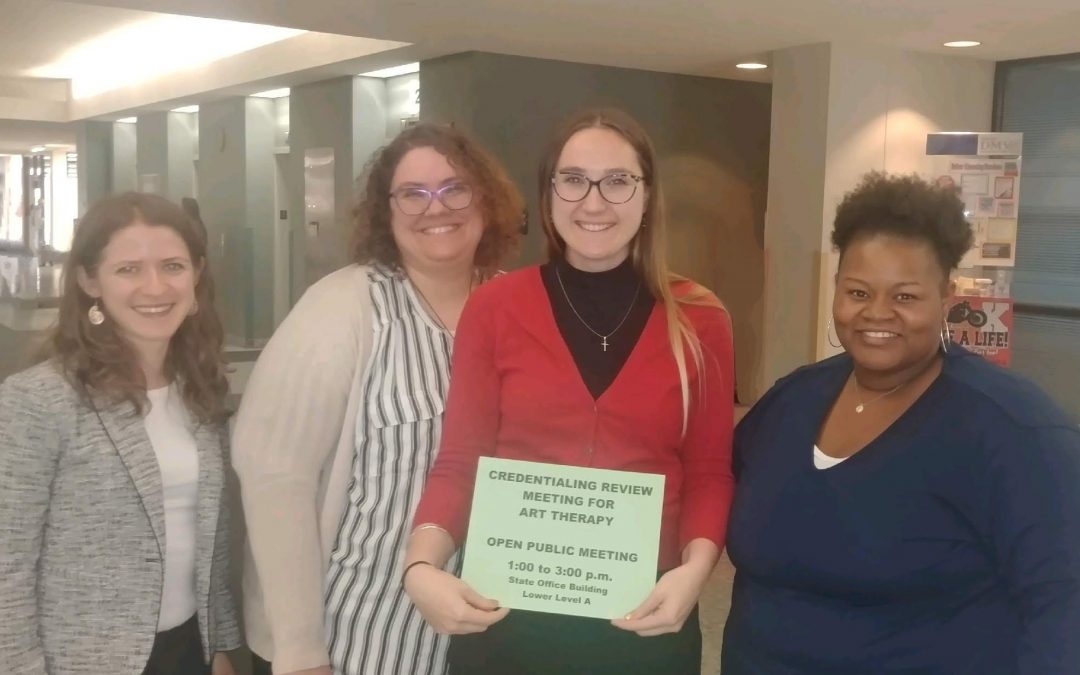
How We Secured Licensure in Nebraska: Building Relationships
By Dr. Jessica Stallings, ATR-BC, LIMHP, LPC, LMHP
The Nebraska Art Therapy Licensure Coalition was created in 2017 when then recent social work graduate and soon-to-be George Washington post-Masters art therapy student Jenelle Miller asked a simple question: How one might go about securing licensure for art therapists in Nebraska? A conversation with AATA’s National Office team gave Jenelle the idea to approach Nebraskans from the Arts—and a coalition began to develop.
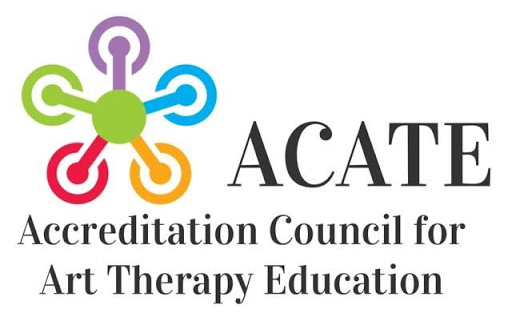
ACATE Proposed Standards Open for Comment
As part of the CAAHEP Standards development process, the Accreditation Council for Art Therapy Education (ACATE) is inviting public comments on the proposed CAAHEP Standards and Guidelines for the Accreditation of Educational Programs in Art Therapy.

Why I’m Looking Forward to the AATA2024 In-person Conference: A Graduate Student’s POV
By Dejah M. Chapple, George Washington University Art Therapy Graduate Student and AATA National Office Intern
I wanted to share my experience about the conference, in case you are wondering whether it’s worth it to attend AATA2024 in Pittsburgh – or whether you belong there. Here’s a look at what I learned, who I met, and, of course, the overall vibe.
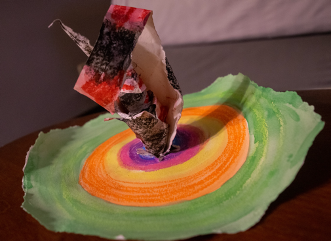
Where Are We Headed? Revitalizing the Research Mission of AATA
At the AATA conference in 2022, the Research Committee led a workshop titled Where We Are Headed: Revitalizing the Research Mission of AATA. The presenters reviewed the AATA Research Committee mission and vision statements and engaged the audience in collaborative discussion and experiential art making around the importance of art therapy research for clinicians, students, and clients. Here is what we learned.
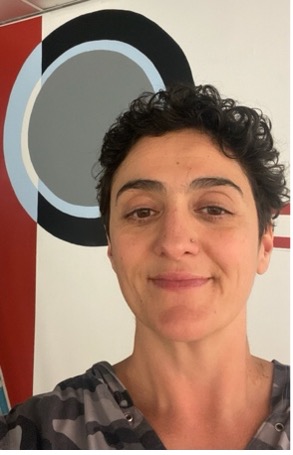
Small Communities: Care & Participation
By Magdalena Karlick, Ph.D-c, ATR-BC, LPCC
“Community overlaps and relationship intersections are not just found in the (multi-dimensional) queer communities of small towns/cities. I have had many roles in the small city that I live and work in… These public roles have encouraged the practice of being myself all the time, as well as the practice of humility when it’s my responsibility to repair an overstep.”
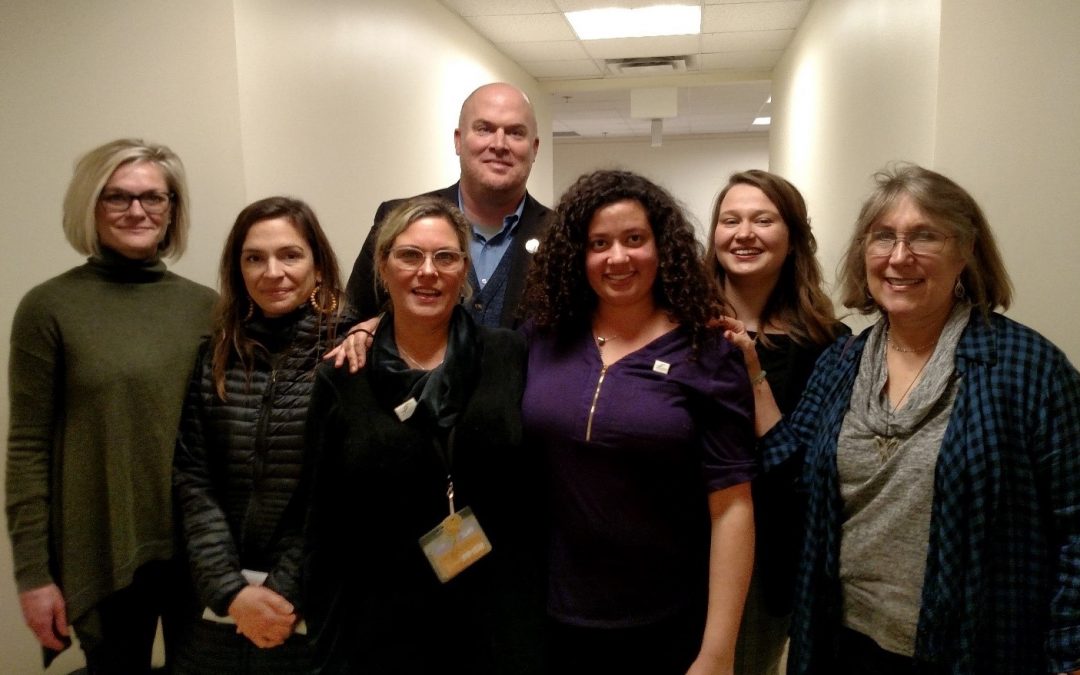
Write a Letter to Help us License Virginia Art Therapists
We are excited to report that over 50 letters have been sent, but the work isn’t done yet. To ensure the licensure of our profession it is crucial we continue contacting with these individuals until our voices are heard. You can also attend the next Art Therapy Advisory Board meeting in Henrico, Virginia on October 18th to show your support.
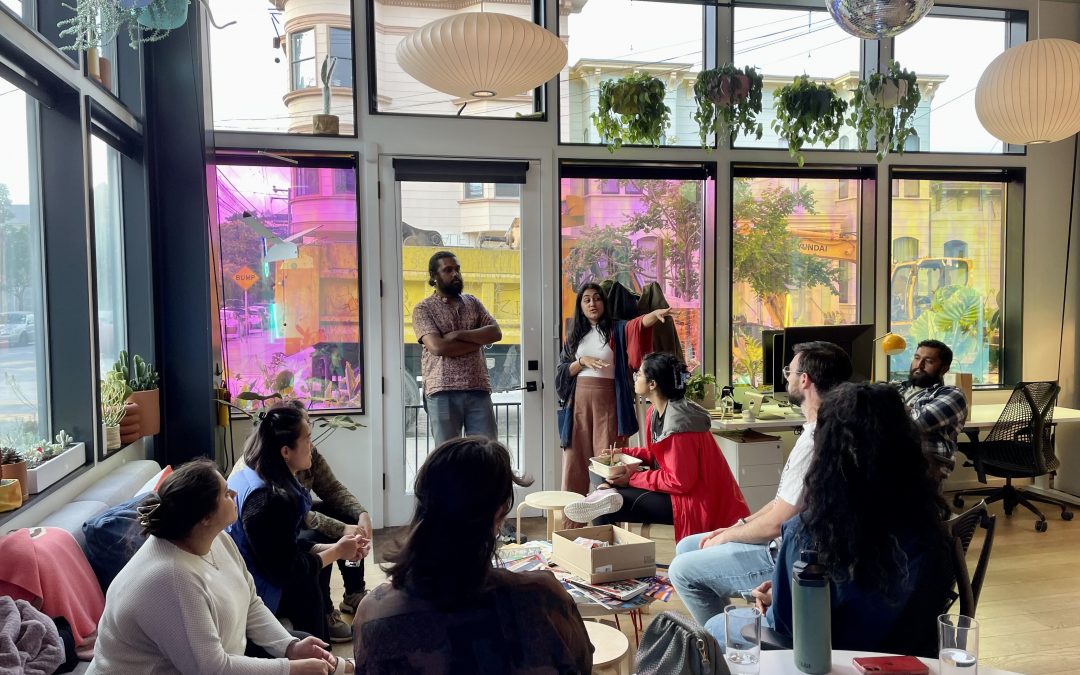
Everyday Art Club: Art for Anyone, Art for Everyone
Art Club starts with the core belief that creativity and art-making are for everyone. A year and a half ago, we started running art events out of my living room. The art events have long since evolved and changed, and become what we now know as Everyday Art Club.

Exploring Belonging and Well-Being in the Context of Immigration
Join me next week for a special AAPI Heritage Month event, “Pen, Crystal Bracelet and Furniture: Exploring the Complexities of Belonging and Well-Being.” April 30, 7pm
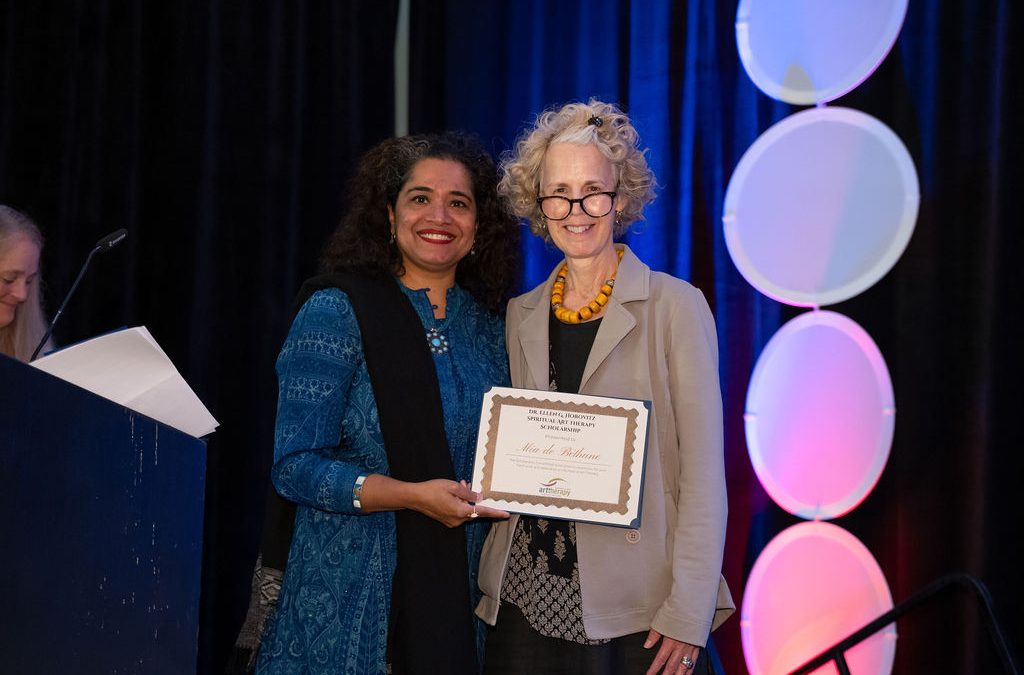
A Look at Three of AATA’s 2023 Research Award Winners
With this year’s research awards applications in mind, we invite you to take a look at a few of the winners below and their research commitments to art therapy.
